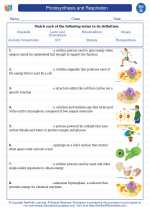Family
Welcome to our study guide on the topic of "family". In this guide, we will explore the concept of family from a scientific perspective, including genetics, heredity, and the role of family in the development of individuals.
What is a Family?
In biological terms, a family is a group of related individuals. This relationship is typically based on genetics, with members of a family sharing common genetic material passed down through generations. Families can also be defined in a social context, where individuals are connected through marriage, adoption, or other forms of kinship.
Genetics and Heredity
Genetics is the study of genes, heredity, and variation in living organisms. Genes are the units of heredity that are passed down from parents to offspring. These genes determine many of our traits, such as eye color, height, and susceptibility to certain diseases. Heredity is the passing of these traits from one generation to the next.
Roles of Family in Development
Family plays a crucial role in the development of individuals. From a biological perspective, parents pass down genetic material to their children, influencing their physical and behavioral traits. Additionally, the family environment, including the relationships, support, and resources provided by family members, significantly impacts a person's emotional and cognitive development.
Study Guide Questions
- What is the biological definition of a family?
- Explain the role of genetics in family relationships.
- How does heredity contribute to family traits?
- Discuss the influence of the family environment on individual development.
These questions will help you think critically about the concept of family and its significance in the biological and social sciences.
Thank you for exploring the topic of family with us. If you have any further questions or need assistance, feel free to reach out!
[Family] Related Worksheets and Study Guides:
.◂Science Worksheets and Study Guides Seventh Grade. Photosynthesis and Respiration
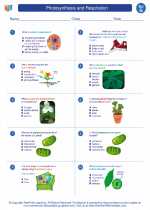
 Worksheet/Answer key
Worksheet/Answer key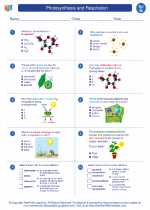
 Worksheet/Answer key
Worksheet/Answer key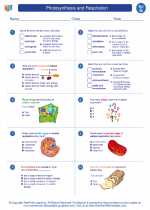
 Vocabulary/Answer key
Vocabulary/Answer key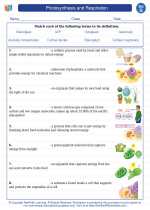
 Vocabulary/Answer key
Vocabulary/Answer key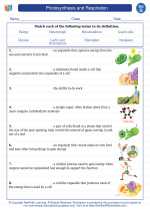
 Vocabulary/Answer key
Vocabulary/Answer key